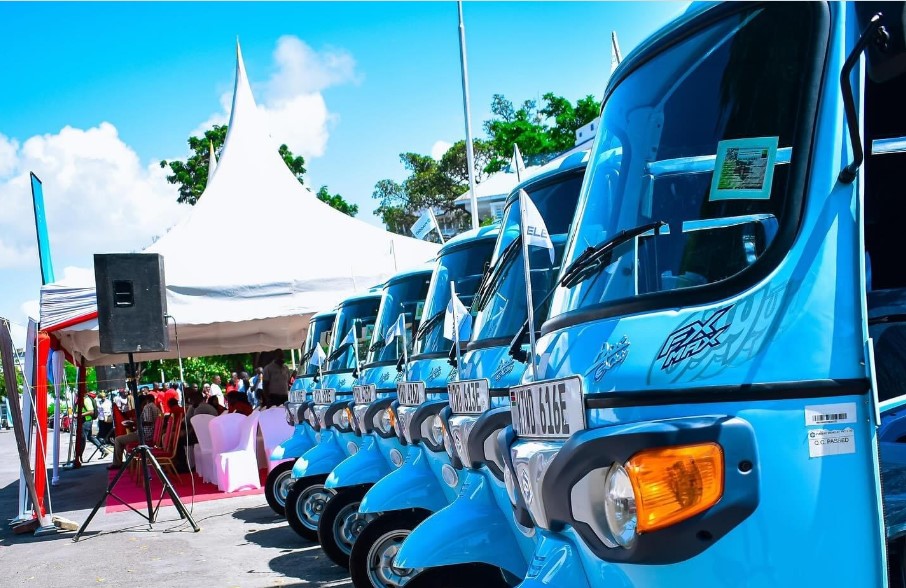The European Union (EU) has recently made headlines by imposing new tariffs on electric vehicles (EVs) imported from China, a decision that could significantly impact the global automotive market.
The tariffs, which range from 17.4% to 37.6%, are in addition to an existing 10% duty on all electric cars from China.
The EU’s move aims to protect its automotive sector from what it perceives as unfair competition due to Chinese government subsidies that allow Chinese manufacturers to sell EVs at lower prices than their European counterparts.
This trade policy is not just a matter of economics; it has broader global implications. The tariffs may disrupt existing supply chains in the EV market, prompting manufacturers to reevaluate where they source components and assemble vehicles.
As companies look to mitigate risk, we may see a shift in manufacturing locations, potentially leading to a more resilient supply chain in the long term.
For European manufacturers, these tariffs could reduce competition from Chinese imports, which may provide a temporary advantage.
However, this protection comes with risks. There is a danger that European automakers might become complacent, relying on government support rather than innovating and improving their products.
Meanwhile, other global players such as U.S., Japanese, and South Korean manufacturers might seize this opportunity to capture market share in Europe.
In response to the tariffs, several Chinese manufacturers are adapting their strategies. Companies like BYD are planning to establish production facilities in Europe, which could help them avoid the tariffs and maintain competitiveness in the region.
HAVE YOU READ?















